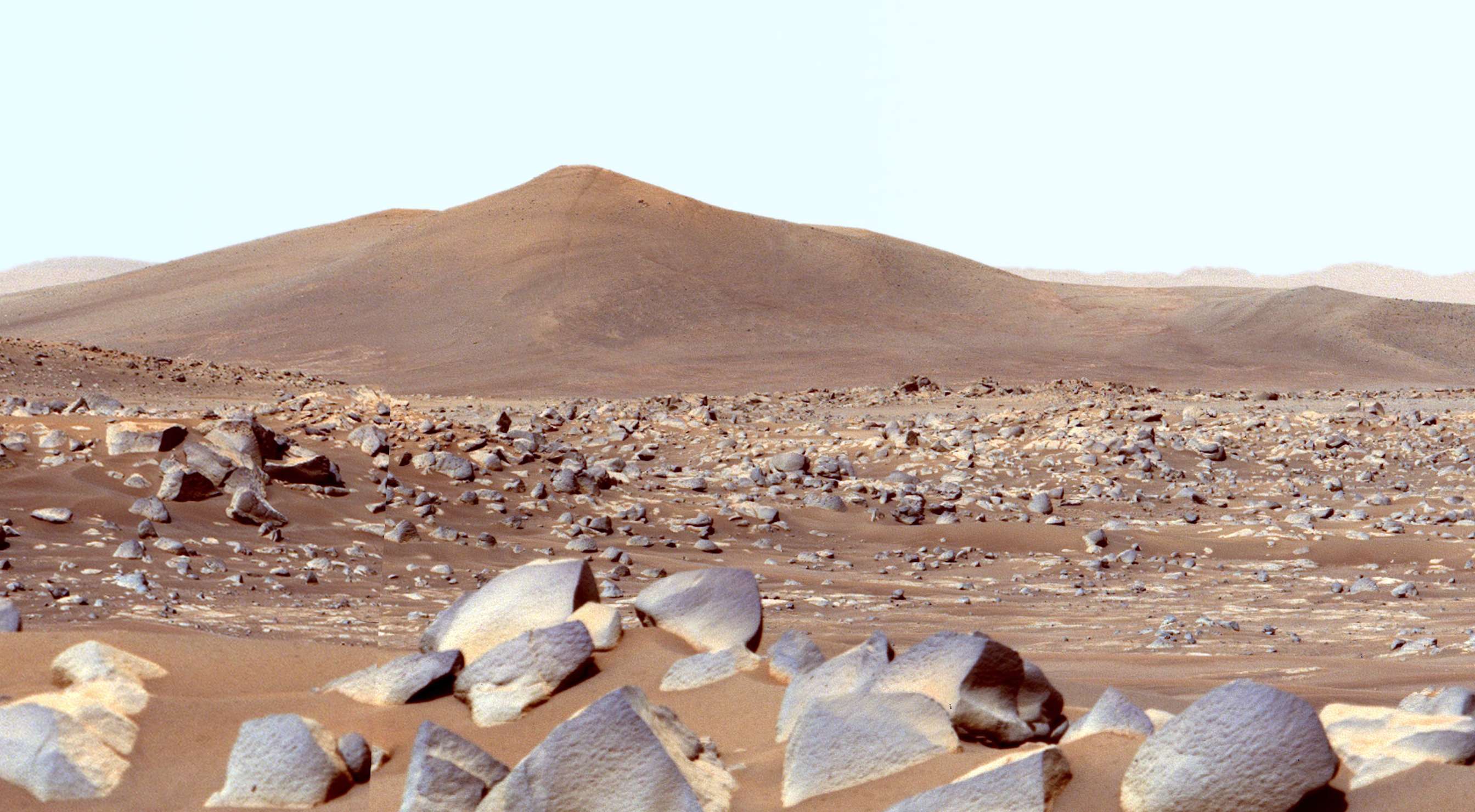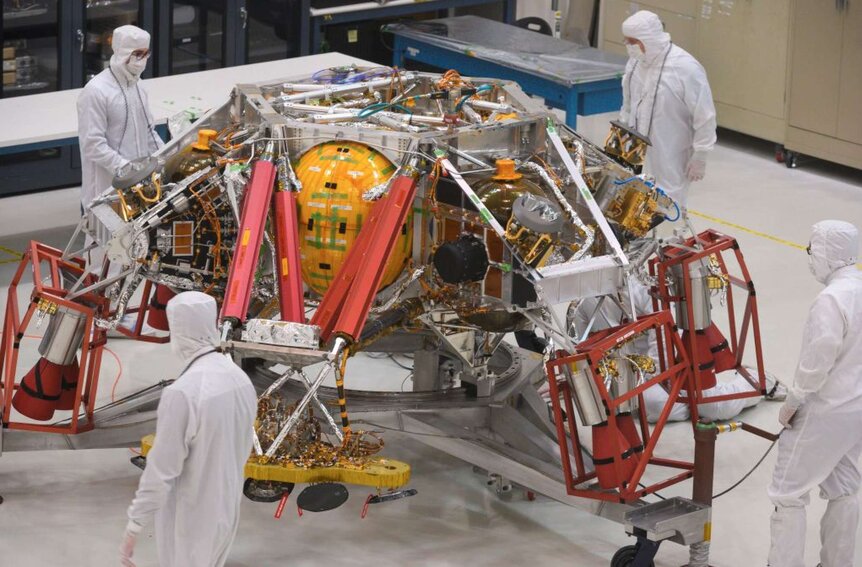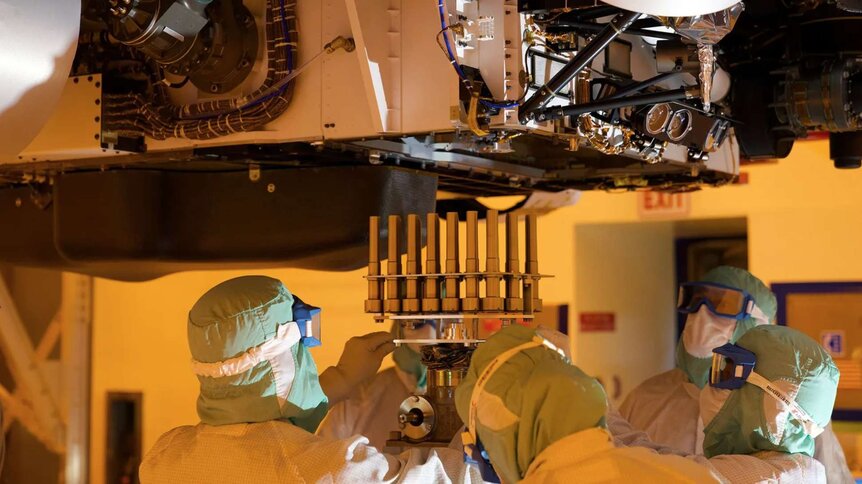Create a free profile to get unlimited access to exclusive videos, sweepstakes, and more!
Have humans already contaminated Mars with Earth-born microbes?

As NASA’s Mars Perseverance rover and Ingenuity helicopter continue to return stunning imagery from the Red Planet, a Cornell University scientist is posing the theory that a very real risk exists that human machines have accidentally contaminated our neighboring world with potentially damaging microbes.
In a recent article written for the BBC, Christopher Mason, a professor of genomics, physiology, and biophysics at Weill Cornell Medicine, Cornell University, theorizes that even though extreme measures are taken to not spread any interplanetary contamination with probe missions, there’s a chance that when Mars life is discovered in the near future, it just might be a lifeform brought aboard hardware from Earth.
While NASA spacecraft undergo rigorous cleaning and disinfecting procedures for all their manufacturing and assembly areas with piece-by-piece precision, it’s nearly impossible to reduce the number of microbes in a clean room down to zero.
Even though Mason’s warning is hypothetical, there is mounting evidence indicating that NASA’s explorations of Mars might have polluted it with hardy and dangerous microbial life.
These carefully monitored clean rooms at NASA’s Jet Propulsion Lab (JPL) are likely to provide a sort of laboratory for microbes that exhibited the right stuff for survival in challenging spaces.
According to his research, Mason’s methods of detection involved scanning the Jet Propulsion Lab (JPL) in California for traces of DNA and did identify microbes capable of hitchhiking onto metal surfaces and surviving radiation exposure and extreme colds. These are the ideal attributes that could cause alarm for scientists considering Mason’s proposal.
“These findings have implications for a form of planetary protection called ‘forward contamination,'” Mason wrote in the BBC article. “This is where we might bring something (accidentally or on purpose) to another planet. It is important to ensure the safety and preservation of any life that might exist elsewhere in the universe, since new organisms can wreak havoc when they arrive at a new ecosystem.”
In a case of mistaken identity, NASA’s landers, rovers, and helicopter that might have been the carriers of these microbes could very well believe they were never-seen alien microbes due to mutating circumstances while thrust into a new and extreme environment.
“Ever since the first two Soviet probes landed on the Martian surface in 1971, followed by the US Viking 1 lander in 1976, there likely have been some fragments of microbial, and maybe human DNA, on the Red Planet,” Mason noted. “Given the global dust storms and trace amounts of DNA that might have gone with these spacecraft, we have to be sure we don't fool ourselves that the life we find isn't originally from Earth."
Mason insists that with the multitude of Martian missions currently being planned, humanity is at the threshold of a new age of inter-planetary biology, a pivotal era where scientists will learn more regarding adaptations of an organism on one world and transferring them to another.
“Our inevitable violation of planetary protection will occur when we start to head off towards other stars, but in that case, we will have no choice," he concludes. “Eventually, careful and responsible forward contamination is the only way to preserve life, and it is a leap we must begin to make over the next 500 years.”




























